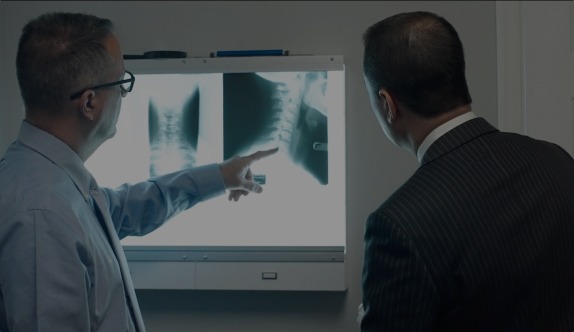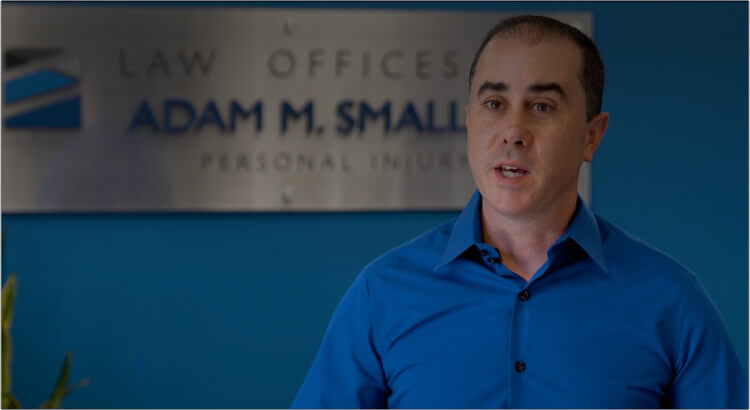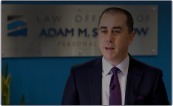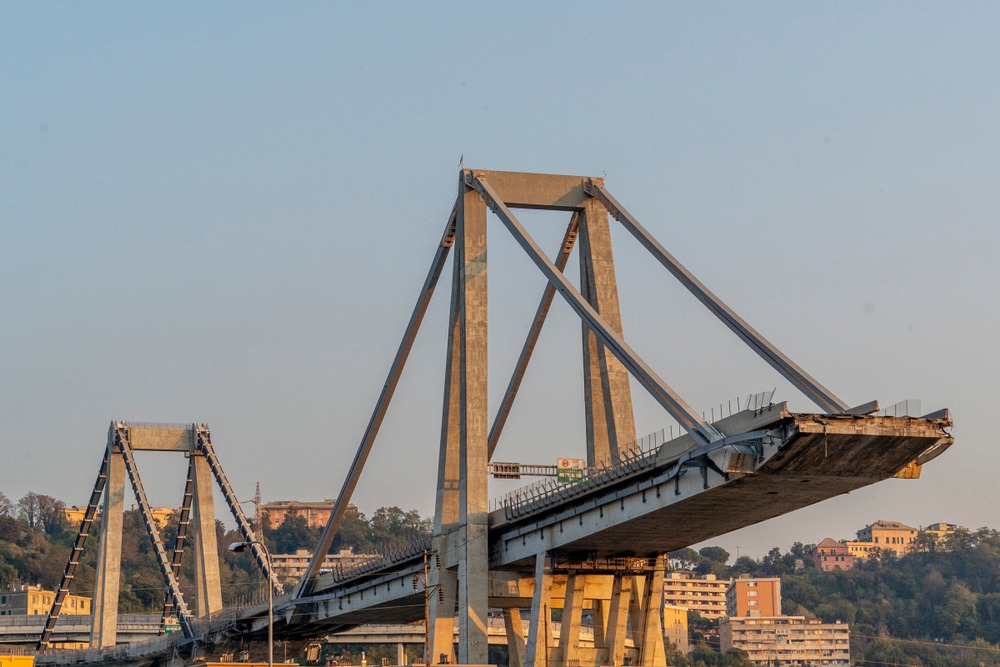When you’re injured in a rideshare accident, one of the first questions that may come to mind is how much your case is worth. While it’s tempting to look for an “average” settlement amount, the reality is that no two rideshare accident cases are the same. Focusing on an average can distract from what’s truly important: recovering the compensation that reflects your actual losses.
If you have been injured in an accident involving a rideshare driver, our Maryland car accident lawyers can investigate your case and determine the damages you should seek in a fair settlement offer. Keep reading to learn more about the settlement you should be seeking and not an average one that fails to cover your losses.
Let Adam Smallow Injury Lawyers fight for your recovery. Contact us today.
FREE CASE EVALUATIONWhy Rideshare Accidents Are Unique
Rideshare accidents involve more than just two private parties. When Uber, Lyft, or another service is involved, multiple layers of insurance and liability rules can come into play. These cases can be very different from typical car accidents.
Depending on the rideshare driver’s status at the time of the crash, different insurance policies may apply. Understanding which policy applies requires a close examination of the facts. This is why we analyze every detail of a case before discussing any numbers.
Why an “Average Settlement” in a Rideshare Accident Doesn’t Apply
There’s no universal formula for calculating a settlement because each case involves its own set of facts. The extent of injuries, the cost of medical treatment, lost income, and the emotional toll on your life all play a role in determining what a fair settlement should be.
Instead of comparing your situation to others, it’s more helpful to understand what factors influence the outcome of a claim. Settlement offers should be based on your specific damages, not generalized estimates.
Key Factors That Influence Compensation
The value of a rideshare accident claim depends on several key factors:
Severity of Injuries and Recovery Time
Medical bills are one of the most straightforward forms of economic damages. The more serious the injuries, the higher the medical costs and potential long-term impact. These damages include:
- Emergency care
- Ambulance fees and transportation costs
- Surgeries
- Hospital stays
- Follow-up visits
- Rehabilitation and physical therapy
- Medications
- Assistive devices
- Home modifications
We will also include any projected future medical care when assessing your damages, such as permanent disabilities, ongoing treatments, or long-term impairments.
Lost Wages and Loss of Earning Capacity
If your injuries kept you from working, you may be entitled to compensation for lost income while you recover. In cases where injuries prevent a return to your previous job, the claim can include loss of future earning potential as well.
Property Damage
You have a right to seek compensation for the repair or replacement of your damaged vehicle. You can also seek compensation for personal items damaged or destroyed in the accident, such as a cell phone or jewelry.
Pain and Suffering
Non-economic damages like physical pain, mental anguish, and emotional distress are just as important as financial losses. These damages reflect how the accident has affected your quality of life, relationships, and personal well-being.
Liability and Fault
Determining who is at fault plays a significant role in rideshare claims due to the status of the driver and the insurance coverage that applies. To limit their liability, rideshare companies often try to shift responsibility away from themselves, which makes presenting strong evidence critical.
We conduct a thorough investigation to determine fault and gather the necessary documentation to support your personal injury claim, including police reports, medical records, driver logs, and app activity.
Insurance Coverage
The amount of coverage available can set the upper limit on what can be recovered. Rideshare companies provide tiered coverage based on the driver’s status on the app at the time of the accident:
- App Off: Only the driver’s personal insurance applies.
- App On, No Passenger: Contingent liability coverage applies (typically $50,000 per person for injury, $100,000 per accident).
- Passenger in Vehicle: Up to $1 million in commercial liability coverage may apply.
Understanding which insurance company policy applies to your rideshare accident is a critical step in identifying available compensation.
If you need legal representation, schedule your Road to Recovery Consultation.
START YOUR CASEWe Must Document All Recoverable Damages in Your Rideshare Accident
To build a strong claim, it’s important to fully document the accident’s impact. We guide clients through the claims process of collecting and organizing the records that support both economic and non-economic damages.
These records may include:
- Medical records and provider statements
- Employer verification of time missed from work
- Pain journals and therapy notes
- Photos of injuries, accident scene, and vehicle damage
- Receipts for out-of-pocket costs (e.g., prescriptions, transportation, assistive devices)
- Medical and expert testimony
The more detailed and complete the documentation, the better the position to pursue a settlement that reflects the full scope of your losses.
When Negotiation Isn’t Enough to Secure a Fair Settlement
In some cases, the rideshare company or its insurer may refuse to offer a fair settlement. When that happens, we are prepared to pursue litigation. Filing a personal injury lawsuit may increase the pressure to settle or allow a jury to decide the value of your damages.
We assess the risks and benefits of litigation based on the unique circumstances of each case. Our focus is always on what helps you secure the recovery you deserve.
If you think you may have a case, call us today.
Free Consultation (410) 777-8960Statute of Limitations for Rideshare Accidents
Each state sets a legal deadline for filing a personal injury lawsuit. For example, Maryland sets a three-year statute of limitations for personal injury lawsuits, with the deadline beginning on the date of the accident. Missing this deadline can permanently bar your right to fair compensation.
Our personal injury lawyers begin working on cases as soon as possible to avoid delays and protect your legal rights. Early action also helps preserve evidence, such as vehicle data and witness accounts.
Steps to Take After a Rideshare Accident
If you’ve been injured in a rideshare accident, here are steps you can take right away to protect your claim:
- Call 911 and report the accident to the police.
- Seek medical attention and follow your doctor’s treatment plan.
- Report the accident to the rideshare company through the app.
- Document the scene, including photos, names of involved parties, and witness information.
- Avoid discussing fault with drivers, insurers, or other parties.
- Consult a personal injury lawyer to understand your rights and next steps.
These actions can make a significant difference in the outcome of your claim.
Talk to Adam Smallow Injury Lawyers About Your Rideshare Accident
If you were injured in a rideshare accident, Adam Smallow can help you pursue the compensation you deserve. We offer free consultations to evaluate your case and explain your legal options. Our personal injury attorneys work on a contingency fee basis, which means you pay nothing unless we recover compensation for you.
With the intricacies of insurance policies and liability in rideshare cases, having legal representation can make a difference. Contact us today to learn how we can help you take the next step toward a fair settlement for your rideshare accident.
Take the first step towards justice. Contact Adam Smallow Injury Lawyers
FREE CASE EVALUATION





